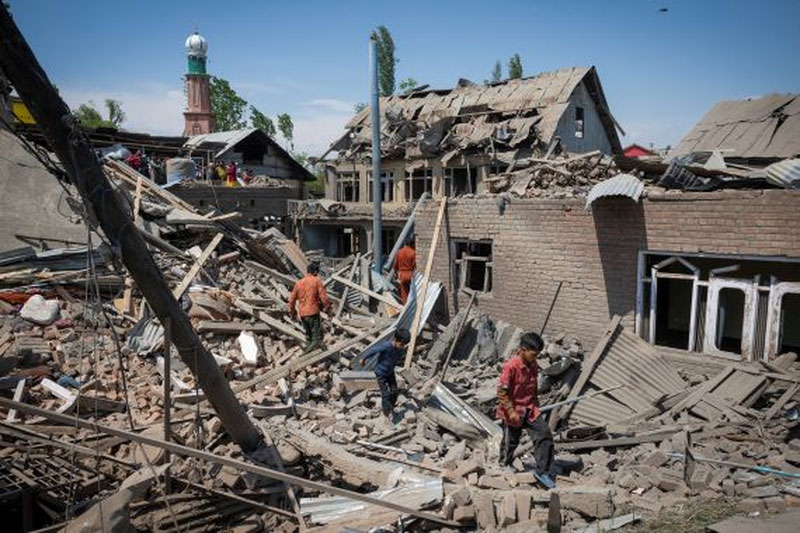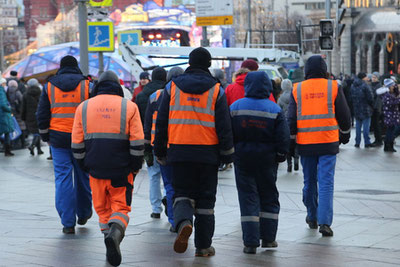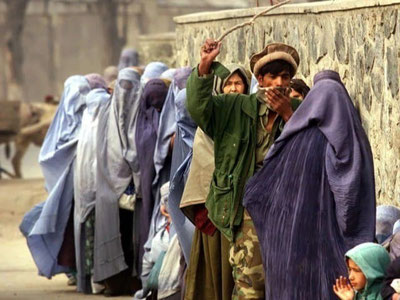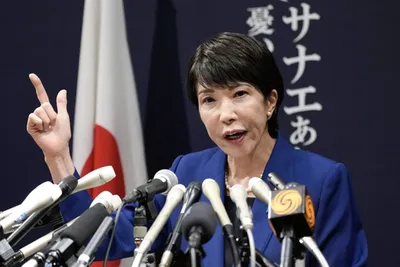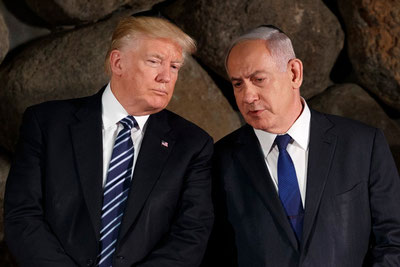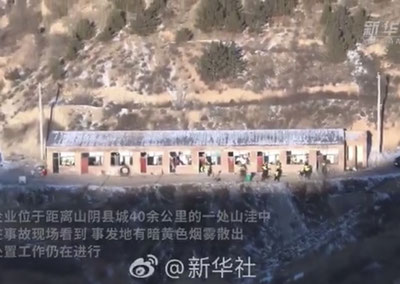On April 27, according to the Indian army, last night Indian and Pakistani armed forces attacked each other on the border. This incident took place against the backdrop of escalating tensions following a terrorist act against tourists in Kashmir occurred.
We remind that on April 22, in the Baisaran valley of Kashmir, unknown armed individuals opened fire on tourists. More than 25 tourists were killed as a result of the attack. Responsibility was claimed by the "Lashkar-e-Taiba" (LeT) organization, active in Pakistan. The Indian government blamed Pakistan for the incident.
Pakistan's Information Minister Ataullah Tarar stated in an interview yesterday that the country is prepared for pressures from India and will take all measures to defend its territorial integrity.
The international community is calling for stabilization of the situation. Iranian Foreign Minister Saeed Abbas Araghchi expressed readiness to establish close contacts with both states through Iranian embassies in Islamabad and Delhi, emphasizing that "India and Pakistan should restore the centuries-old cultural and civilizational ties like brotherly neighbors," he stressed.
US President Donald Trump has declared non-interference in this conflict. According to him, the complex relations between India and Pakistan have historically continued, and the issue should be resolved by the two countries themselves.
Furthermore, China is also closely observing the situation. Chinese Foreign Minister Wang Yi, during a phone conversation with Pakistan's Foreign Minister Ishaq Dar, expressed Beijing's support for Islamabad's firm actions against terrorism. Wang Yi also urged India and Pakistan to be patient and avoid escalating the situation.
In turn, Ishaq Dar announced that Pakistan, in close contact with the international community, particularly China, is working towards peace.
Indian Prime Minister Narendra Modi once again emphasized that "the strictest response will be given" to the attackers in Pahalgam.
At the same time, the world's politicians are criticizing India's policy of "mass punishment". That is, they do not support taking revenge on entire layers of the population because of a group of terrorists.
Srinagar deputy Ruhullah Mehdi stated that the Kashmir population is facing "mass punishment". The state's former Prime Minister Mehbooba Mufti called on security forces to differentiate between "terrorists" and the civilian population.
Abdullah Sayyid
